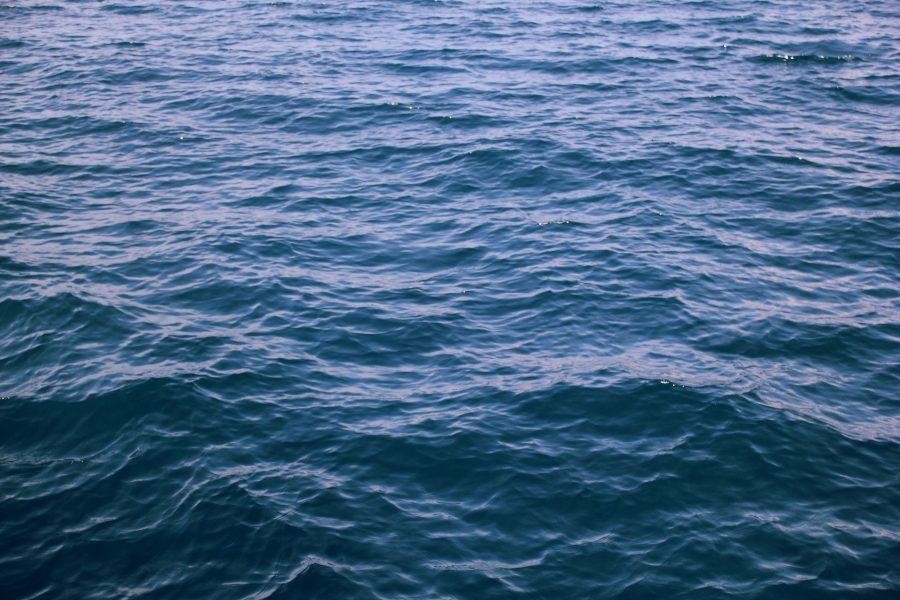What would disappear from your life if the oceans did not exist? Of course, the oceans will not just evaporate one day but considering the question can be illuminating. Ensuring the oceans can continue to provide benefits for future generations as they weather their own storms is one of the most critical challenges we face as a global community. Just under a year ago, I called for governments in the Asia-Pacific region to scale up our efforts to keep our health, the economy, and our lives above the waves. Today, I remain confident we are charting a course toward sustainable oceans because of actions at local, national, and international levels.
I am inspired by accelerated efforts to measure the contributions of oceans to economic prosperity and human well-being.
It is clear that Gross Domestic Product (GDP), a key economic indicator, does not incorporate nature's value and support for our well-being. It was not designed to do that. Luckily, dedicated organizations -- from academia to government, NGOs and the private sector -- have been developing approaches to estimate and account for the immense contributions of nature to our prosperity and the importance of protecting it.
In an important step last month, the UN Statistical Commission - the UN's highest decision-making body for international statistical standards - adopted a new economic and environmental statistical framework to transform how the world of official statistics views and values nature. The new framework, the System of Environmental-Economic Accounting - Ecosystem Accounting, will ensure that natural capital, such as oceans, forests, wetlands, and other ecosystems, are recognised in economic reporting.
The new framework is a historic step towards transforming how we view and value sustainable oceans. A game changer that can have a lasting and global impact on our planet, people and prosperity.
The UN Statistical Commission also agreed to develop a new statistical standard to be known as SEEA-Oceans. The new standard will build on pilot efforts in Asia and the Pacific to account for the value and contribution of oceans to well-being led by Thailand, Malaysia, China, Samoa, and Viet Nam.
The second Global Ocean Accounting Dialogue on 20 April 2021 discussed the global efforts to highlighting the full value of our oceans. ESCAP is proudly co-hosting the Dialogue with the Government of Canada and the Global Ocean Accounts Partnership. The Dialogue brings together participants from diverse backgrounds-from academia to government and from ecology to economics-to share experiences related to the ocean's contributions to society and chart the course for the next phase of the journey toward sustainability.
There is no question about the importance of the oceans to the ESCAP region. Over two-thirds of the world's population live in Asia and the Pacific, and we are home to two of the world's oceans. Oceans bring economic prosperity and nurture human well-being for the more than twenty small island developing states and territories in our region.
Tourism-dependent economies in Asia and the Pacific depend on oceans, and millions of people rely on healthy fisheries for their sustenance. Ensuring that our oceans and their critical support of our societies are recognized in global accounting standards will help us navigate a more sustainable future. Let us continue to move in the right direction for both people and the planet.
Armida Salsiah Alisjahbana is United Nations Under-Secretary-General and Executive Secretary of the Economic and Social Commission for Asia and the Pacific (ESCAP.) The piece is excerpted from www.unescap.org/blog


